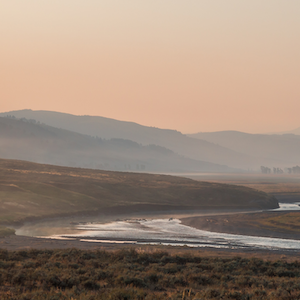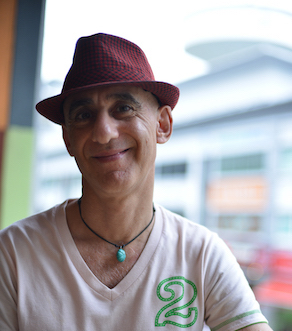“I want to practice rolling moxa cones but I never find the time””
“I mean to do qigong every day, but I always get distracted”
“I want to study systematically but I always stop after a few days”
Sounds familiar? It doesn’t have to be that way. There’s an effective way to hack your habits so you actually get that stuff done. It’s called behavioural design: a methodical approach to creating helpful, “keystone” habits to achieve your aspirations in life. In this ninety-minute webinar, you’ll learn simple ways to achieve what you aspire to and create habits that stick (spoiler alert: make them tiny!)
Habit coaching helps people do what they already want to do. This Qiological Live seminar is designed for practitioners and will focus on the basics of behavioural design and the value of tiny habits. If you aspire to a new habit or want to reinforce an existing one, this is your chance to learn the skills to really nail it!
In this real time event we
- Choose effective prompts on which to build new habits
- Use a focus map to select behaviours that work for specifically for you
- Experience the role of rewards in creating habits
- Discuss the value of starting tiny
- Start a new habit with a three-point habit recipe
You’ll have lifetime access to the recording of this Qiological Live seminar

Recording price $35, length 90 minutes
Your Instructor For This Class

Oran Kivity
British acupuncturist Oran Kivity trained in Europe, China, and Japan. In continuous practice since 1987, he specialised in Japanese methods and in 2000, was a founder member of Toyohari UK, the British branch of the Toyohari Association of Japan.
He has taught, coached and mentored for over thirty years. An experienced online-presenter, his teaching style is light and fun, with a focus on keeping viewers engaged. His books, Moxa in Motion and Hirata Zone Therapy have received praise and recognition from acupuncture journals worldwide.
A regular contributor to Qiological, Oran lived and worked in Malaysia from 2005 till the Covid-19 pandemic of 2020 when he moved to Taiwan. He now practises, writes, coaches and teaches from the southern port town of Kaohsiung, where he lives happily by a river, near a lake and close to the sea.
